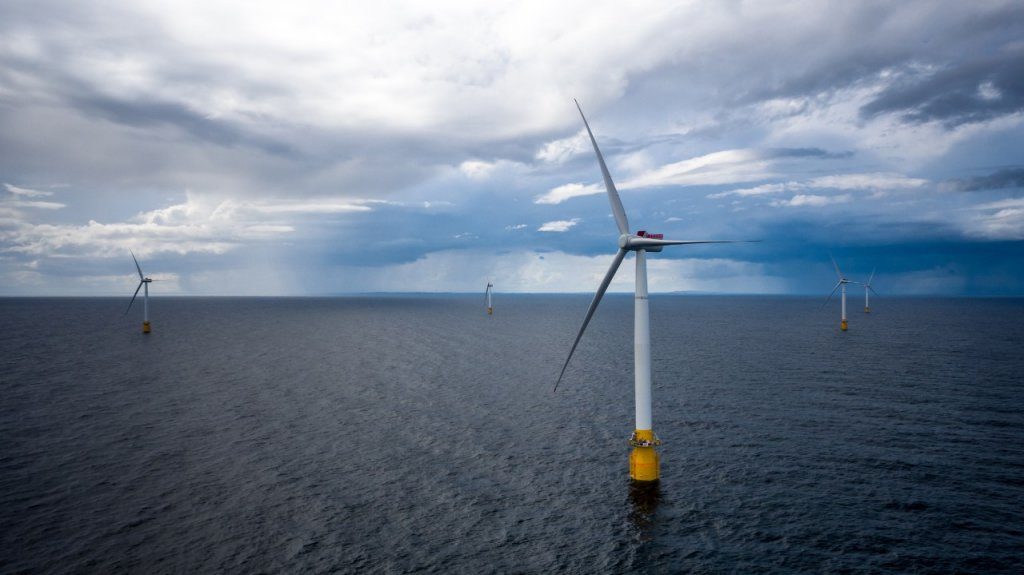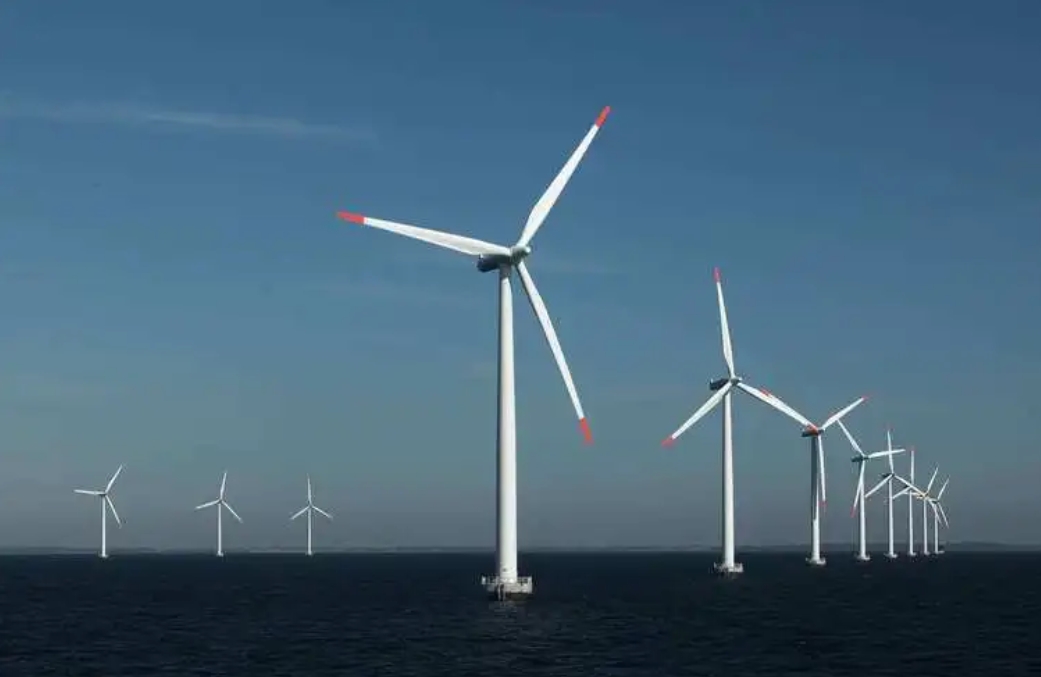
Unlike existing transit fuel cell power systems, Nimbus’ patented technology will demonstrate load-following capabilities similar to a diesel powertrain. With the fuel cell acting as a constant power source, current transit fuel cell propulsion systems require a relatively large battery system to cover the necessary variations in power demand. This load-following fuel cell dominant propulsion system will eliminate the need for traditional Lithium-Ion battery packs and DC-DC converters, utilizing ultracapacitors instead.
Removing the battery packs is expected to reduce the propulsion system’s weight and volume by more than 50% and lead to a cost reduction of approximately 45% relative to existing technologies. CTE will lead this initiative in partnership with Nimbus Power Systems, New Flyer, and AC Transit.
This project builds on the successful approach of CTE’s previous FTA Bus Efficiency Enhancements Research and Demonstrations Program to develop a Reduced Engine Idle Load system for transit buses. Nimbus, with input from New Flyer, will develop detailed specifications to guide the design of the fuel cell propulsion system (FCPS).
The system's performance will be assessed under real-world conditions using AC Transit’s operating data. A comprehensive market analysis will evaluate the commercial potential of the FCPS, and the project will culminate in a final report assessing the technology's viability and recommending the next steps to commercialization.
Under the TVIDC program, CTE is poised to deliver an ambitious portfolio of projects that advance the adoption of zero-emission transit solutions. This body of work encompasses a variety of innovative initiatives, including the integration and bench testing of cutting-edge fuel cell propulsion systems, market evaluations, and extensive trade studies. Each project is designed to address critical barriers to zero-emission technology, such as cost, durability, and performance, providing comprehensive solutions for transit agencies.
CTE’s efforts will also include detailed project management, stakeholder engagement, and data collection and analysis.
Founded in 1993, the Center for Transportation and the Environment (CTE) is a member-supported 501(c)(3) non-profit organization that develops and implements zero-emission vehicles and supporting infrastructure.







